Pentagon Authorises Deployment of Military Lawyers for Immigration Cases
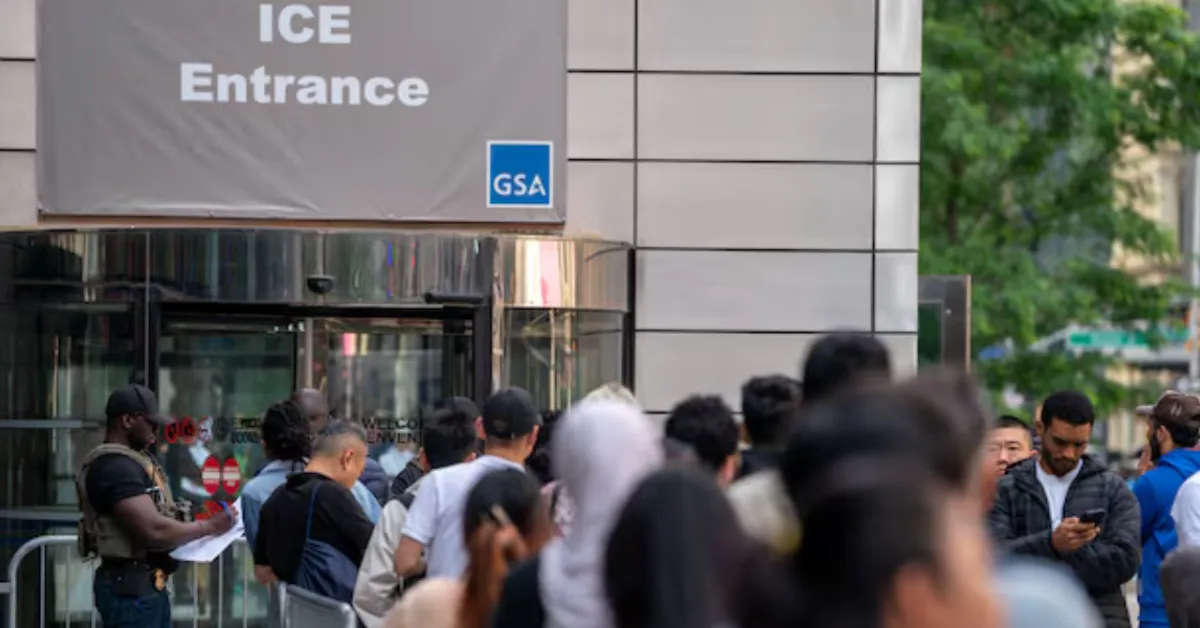
The Trump administration has authorised the deployment of up to 600 military lawyers to serve as temporary immigration judges, in an effort to speed up deportation proceedings across the United States.
Internal documents reviewed by the Associated Press indicate that the Pentagon will send groups of 150 attorneys, both military and civilian, to the Department of Justice over the coming weeks. These personnel will receive approximately two weeks of training before being assigned to immigration courts.
Critics argue that this timeframe is inadequate given the complexity of immigration law and the potential consequences for individuals facing removal. Under current US law, only immigration judges have the authority to issue final deportation orders or revoke legal residency for individuals who have lived in the country for more than two years.
The decision to involve military lawyers appears aimed at reducing a growing backlog of cases and advancing the administration’s broader immigration enforcement agenda. The move comes as the US government continues diplomatic talks with more than 50 countries, including several in Africa, to facilitate the repatriation of individuals flagged for deportation.
Among those affected are over 1,200 Kenyan nationals who have exhausted legal options and are now subject to removal under increased enforcement efforts by Immigration and Customs Enforcement (ICE). Legal experts have raised concerns about the use of military personnel in judicial roles, warning that it could compromise the independence of immigration courts and weaken procedural protections for non-citizens.
The appointment of uniformed officers to preside over civil cases has also raised questions about the separation of military and judicial functions. At the same time, the Department of Housing and Urban Development (HUD) has introduced a new policy requiring all Public Housing Authorities to verify the immigration status of tenants receiving federal housing assistance.
The directive compels local agencies to submit detailed information, including tenant names, addresses, unit numbers, and legal status, within 30 days. Migrant advocacy organisations have criticised the measure, stating that it will increase housing insecurity among undocumented families. These changes have had a visible impact on migrant communities.
Last month, Samuel Kangethe, a Kenyan national who had lived in the United States for 16 years, returned to Nairobi voluntarily amid concerns about possible detention and deportation.


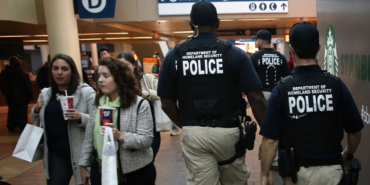

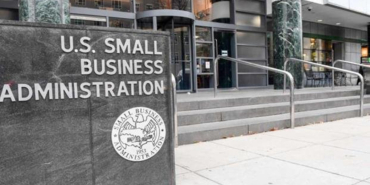
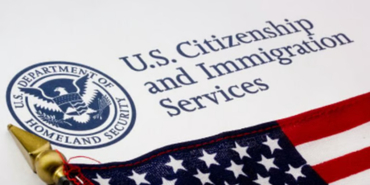



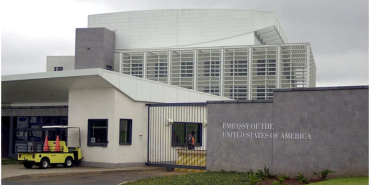




Add new comment